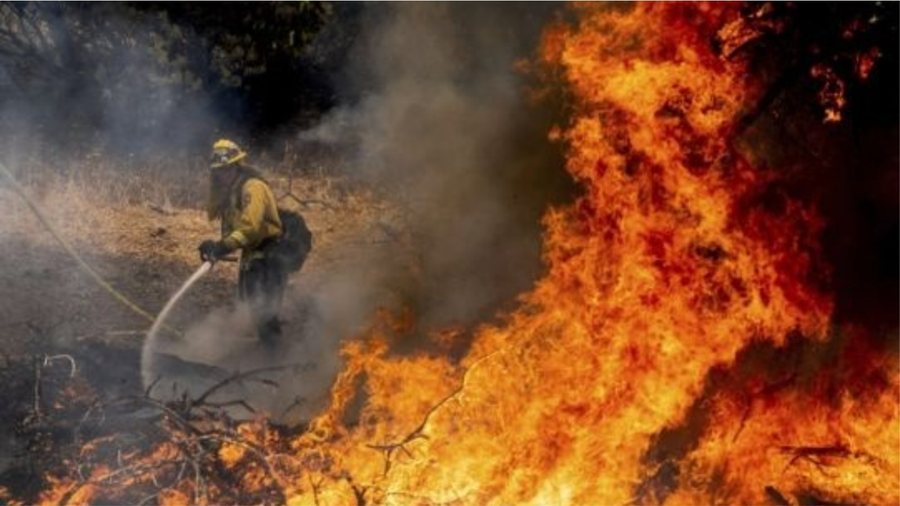
A new study from the Harvard T.H. Chan School of Public Health has found that high concentrations of fine PM2.5 particles emitted by wildfires can affect mental health. The study, published in JAMA Network Open, shows that short-term exposure to these particles is linked to an increase in emergency room visits for anxiety, depression and other mental disorders, reports A2 CNN.
During a period analyzed in California, from July to December 2020, one of the worst wildfire seasons, researchers found that every 10 milligrams per cubic meter increase in PM2.5 was associated with an increase in calls for emergency assistance.
The conditions for which emergency help was sought included anxiety, depression and other mood disorders, psychotic disorders or substance abuse disorders. Across California, there were a total of 86,588 emergency room visits for mental health disorders during the study period, A2 CNN reports.
The effects were most pronounced among women, children, youth, and individuals with limited economic resources.
These findings highlight the invisible mental health risks that wildfires pose, in addition to the well-known physical impacts of toxic air pollutants. The researchers highlight the need for a more in-depth approach to the public health impacts of wildfires and climate change, including support for those most at risk from these effects.
(A2 Televizion)











